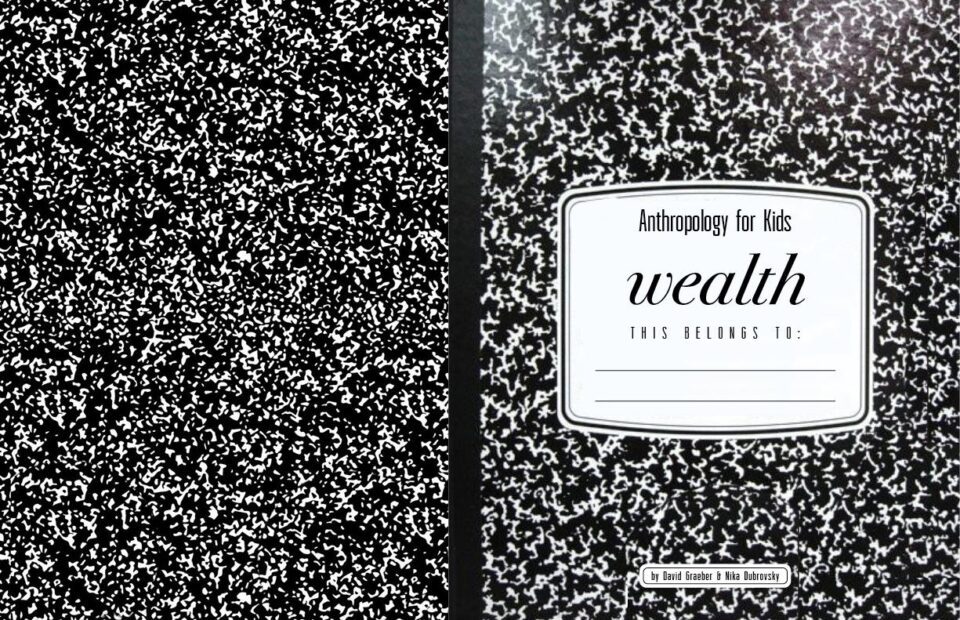
From childhood, we read stories about rich and poor, about kings and commoners, about enormous treasures and adventurers.
But what is “Wealth”?
From childhood, we read stories about rich and poor, about kings and commoners, about enormous treasures and adventurers.
But what is “Wealth”?
Does this mean that the rich are happier or smarter than the poor? Is it true that wealth is earned by the most hardworking and talented or, on the contrary, wealth is the destiny of greedy and heartlessness?
Anthropologists believe that there is no single answer to these questions. They study how people in different cultures and at different times understand differently what “wealth” is.
Today, many of us believe that the rich person is one who has a lot of money. We have learned to calculate almost everything in money: from the value of “priceless” works of art to the cost of a brilliant scientific invention, from the cost of life-saving medical operation to the minimum income per family.
However, our ability to think about drastically different things and human relations in terms of money is not universal.
In same tribes of Native Americans, to be considered as the wealthiest person in a community it would be necessary to demonstrate a significant generosity.
As recently as 150 yeas ago in some “civilized” countries wealth was a right to own, buy and sell human beings , and in some countries of feudal Europe the right to wear red clothes .
This book is based on research by archaeologists, anthropologists, artists and activists, as well as teenagers participating in the “Anthropology for Kids Lab” project.
After reading the stories about what different versions of what does it mean to be “wealthy” we ask you to describe your own version of wealth that will be fair and beautiful.
Perhaps, having invented possible future, can we change the present?
Anyone can download the book for free, but please, consider supporting us on Patreon